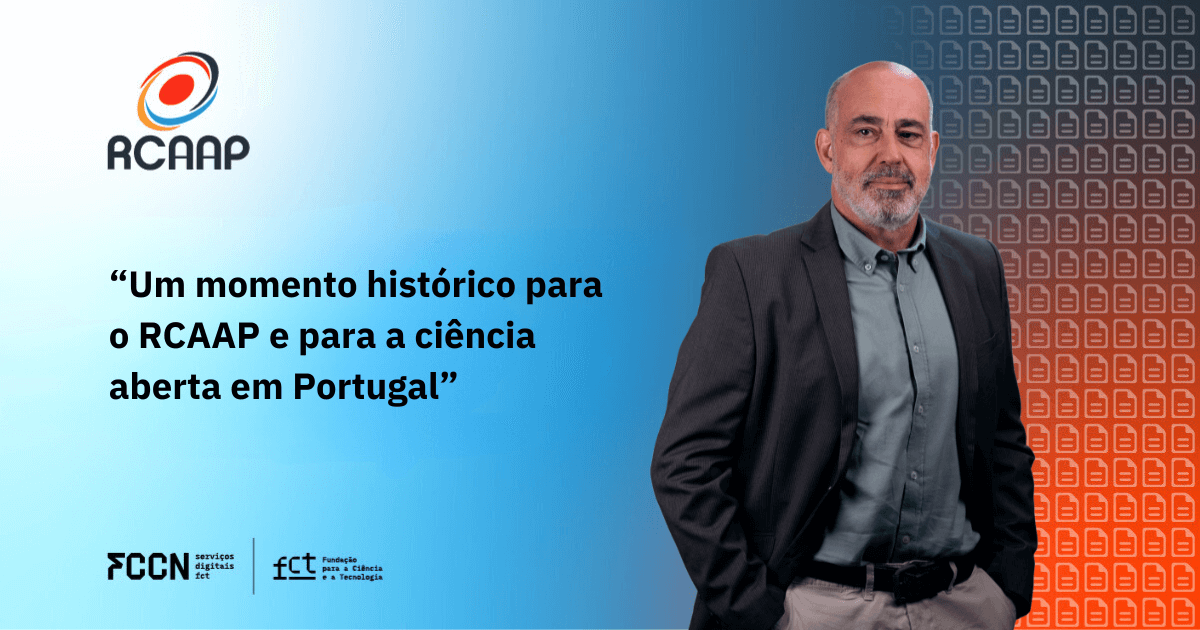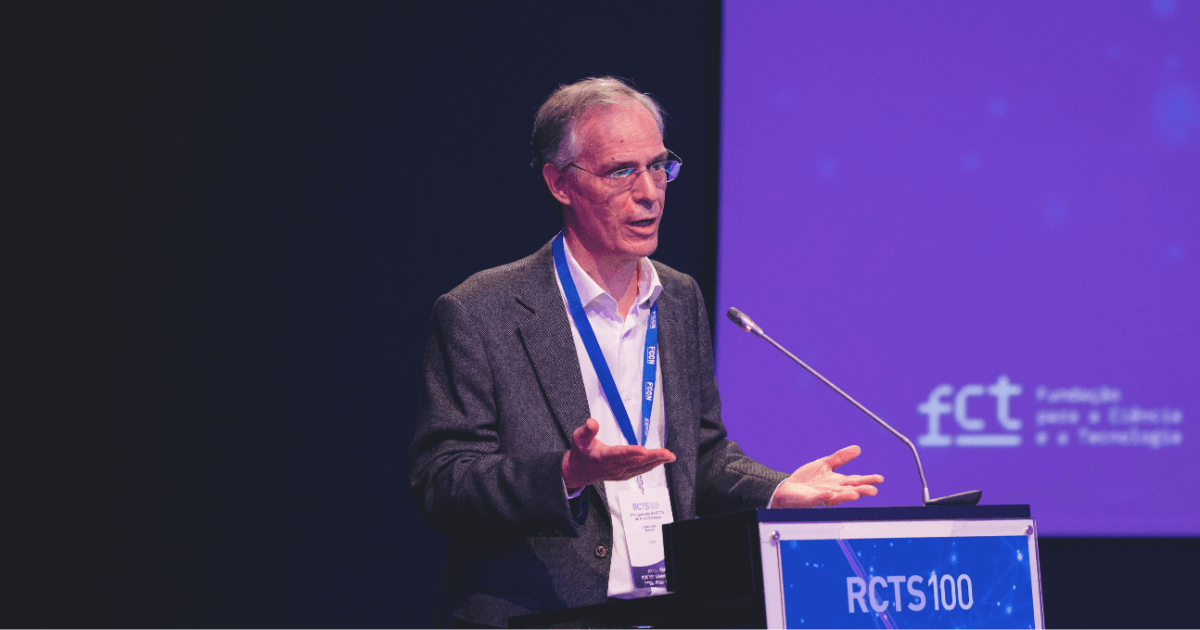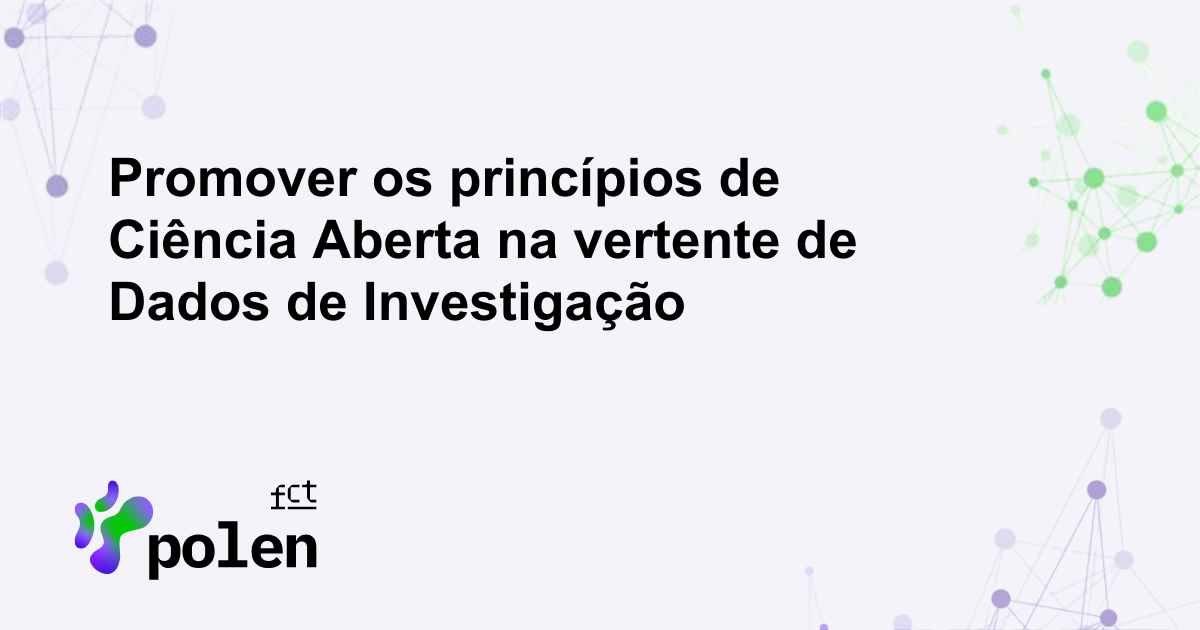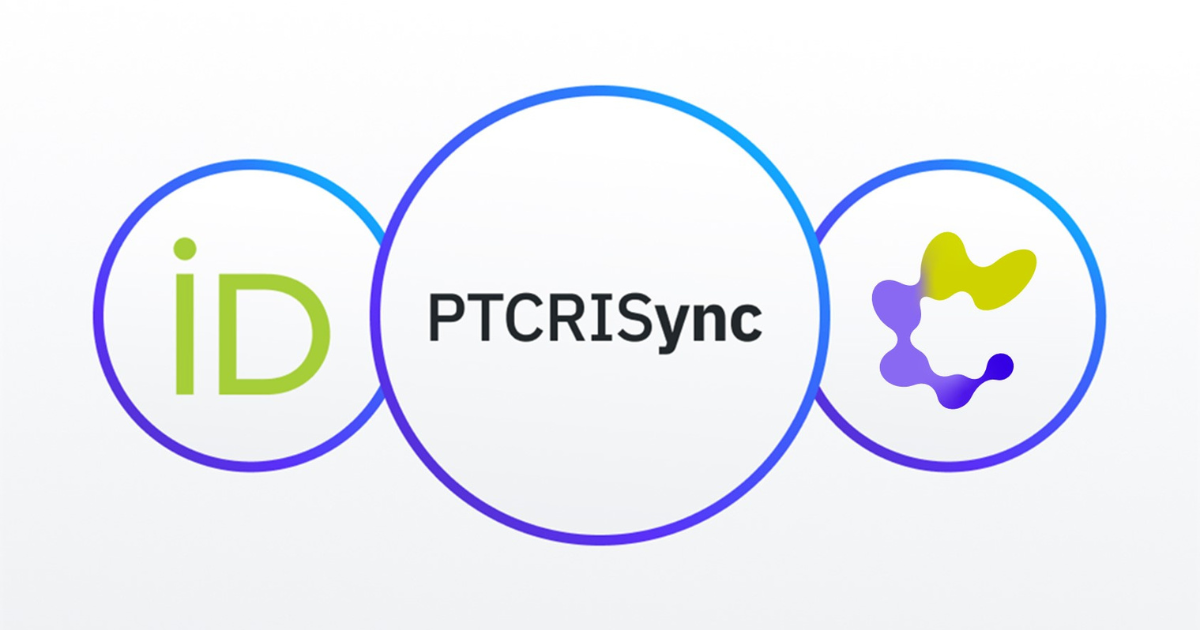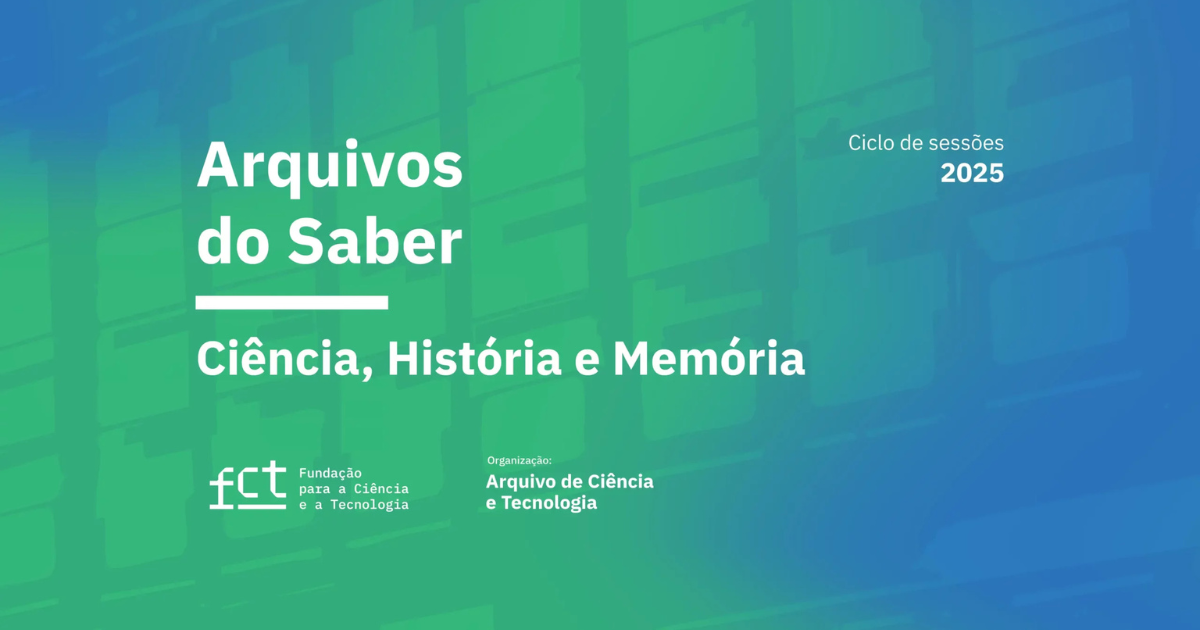The Unit's Science Manager FCCN, Cátia Laranjeira, details some of the difficulties faced by women working in the world of science and technology, leaving some clues as to how to solve them.
The FCCN Unit has joined the GÉANT Women in STEM campaign, which seeks to publicize the role of women in Science and Technology. How do you think the visibility of women's work in this area has evolved over the last few years?
More and more women are distinguishing themselves in science and are being recognised in the public arena for their contribution. Portugal, in particular, has come a long way in this area - women already represent 60% of scientists in state laboratories and around half of scientists in higher education institutions. Even so, less than a third of full professors and top researchers are women.
#2 Are there difficulties faced by women working in these areas? And specifically in your area of expertise?
Science, like any other human activity, is not immune to the prejudices and biases of the society in which it is developed. An example of this is cases such as that of Tim Hunt - biochemist and Nobel laureate - who, in 2015, resigned from University College London after publicly stating that he was in favour of "unisex laboratories" and had "difficulties dealing with women in his laboratory". According to Tim Hunt, "three things happen when they are in the lab... You fall in love with them, they fall in love with you, and when you criticize them, they cry." Added to this type of thinking is the difficult balance between family life and a scientific career often marked by uncertainty and precariousness, as described in the study Scientific Work in Portugal: Precariousness and Burnout. This was another of the weaknesses that the Covid-19 pandemic has exposed and exacerbated. So, yes, there are difficulties that, more overt or more subtle, more transversal or more specific, continue to contribute to gender inequality in science.
#3 What steps do you think could be taken to eliminate these
difficulties?
Eliminating these difficulties means eliminatinggender inequality, a challenging task that will certainly take generations before it is fully accomplished. Structural changes necessarily go through education - today's children are tomorrow's adults and, therefore, an education/socialisation which promotes a more egalitarian society will be fundamental in order to, little by little, eradicate deep-rooted stereotypes. As well as the deconstruction of stereotyped representations in the media and the promotion of the visibility of the path of women who stand out in their area of performance, namely in Science. Meanwhile, the implementation of inclusive public policies, the expansion of the network of family support infrastructures, shared parental leave, as well as other measures, can certainly help.
#4 What can days likethe International Day of Women and Girls in Sciencecontribute to solving these problems?
Initiatives like the International Day of Women and Girls in Science serve, above all, to inspire young people and to draw the attention of all of us to the fact that science, and ultimately society, can only gain from diversity and inclusion. Diversity is positive, not because women are intrinsically better researchers, but because the different perspectives and ways of looking at problems that come from diverse teams are fundamental to answer the complex questions of contemporary science.

